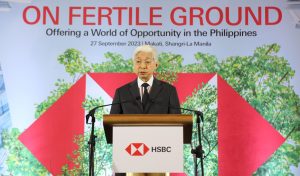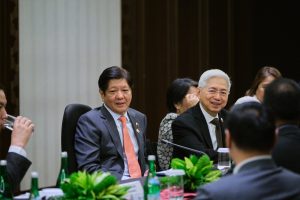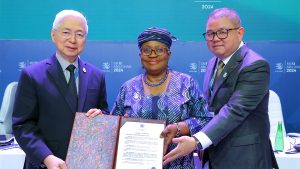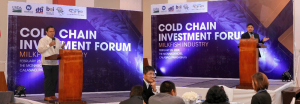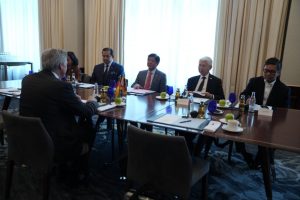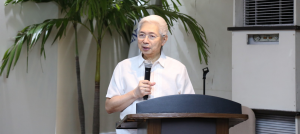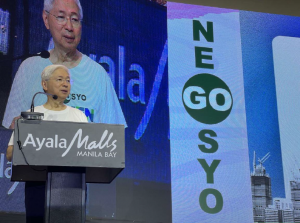QUEZON CITY — The Philippine Economic Zone Authority (PEZA) and the Food and Drug Administration (FDA) revealed they have begun taking action with the Office of the Special Assistant to the President for Investment and Economic Affairs (OSAPIEA) toward improving the nation’s drug and medical device manufacturing ecosystems through proposed pharmaceutical economic zones.
During a news forum held on 16 March 2024, PEZA Director General Tereso Panga and FDA Director General Dr. Samuel Zacate said their team already convened a meeting with SAPIEA Secretary Frederick Go’s team, as represented by Asec. Atty. Kristin Joy Diaz-Teston, last Thursday, 14 March 2024, as a follow-up to the President’s sectoral meeting with the FDA in February 2024.
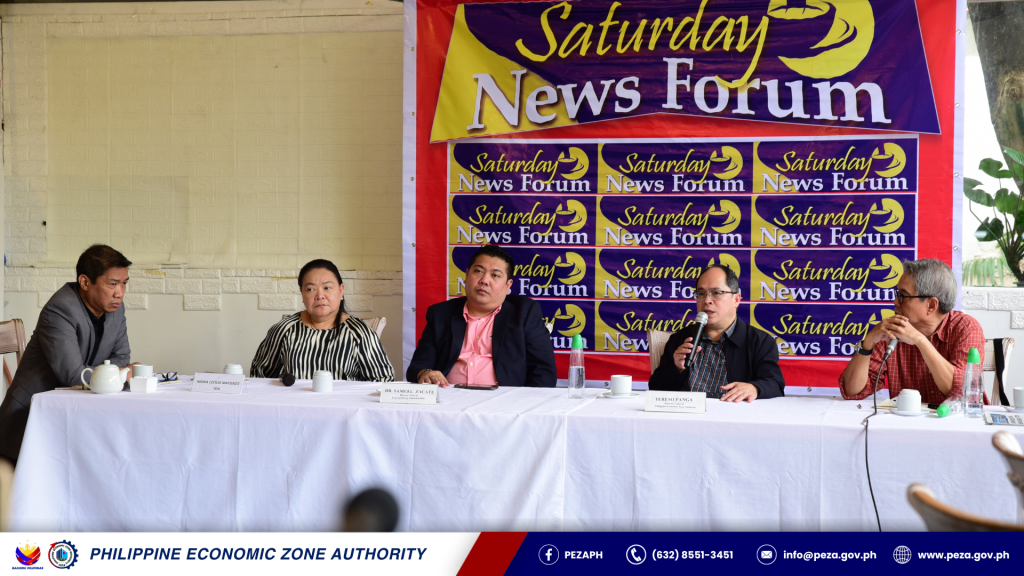
Accordingly, the President envisions these zones to streamline the drug application process, making it more accessible and efficient for stakeholders. Ultimately, this will encourage more local producers to boost their R&D and manufacturing capabilities and lower drug costs for the general public.
The pharmaceutical economic zone is a two-pronged approach for the Philippines to have local production of drugs and make medicines readily available and affordable to Filipinos. This will target both manufacturing of pharmaceuticals and medical devices, and other related activities including research and development, clinical testing and trials among others.
Strategic Partnerships and Streamlined Policies
The high-level discussion centered on actionable steps to enhance the ease of doing business for both domestic and export-oriented drug and medical device manufacturers by addressing certain non-tariff barriers, particularly in permitting and licensing.
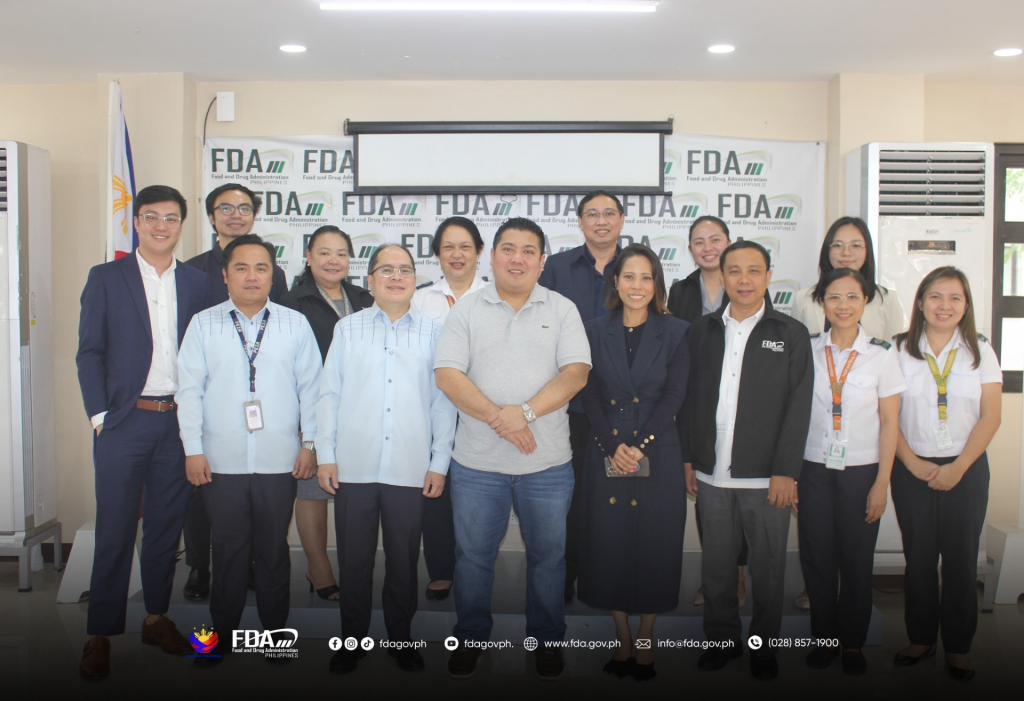
(Photo courtesy of the Food and Drug Administration)
The group also agreed to study the provision of a green lane for PEZA locators and update the PEZA-FDA Memorandum of Agreement, initially established in 2014, to improve licensing and registration for prospective and existing PEZA Registered Business Enterprises (RBEs). This update is intended to institutionalize the reduction in the turnaround time through pre-assessment activities that may be transferred to PEZA.
“We are committed to working in unison with the OSAPIEA and PEZA to simplify business operations in our country,” stated FDA DG Zacate.
He added, “By refining our policies and collaborating with PEZA, we aim to gain a better understanding of the concerns of locators. These initiatives are expected to elevate the local drug supply and reduce costs to competitive generic levels, akin to those in India.”
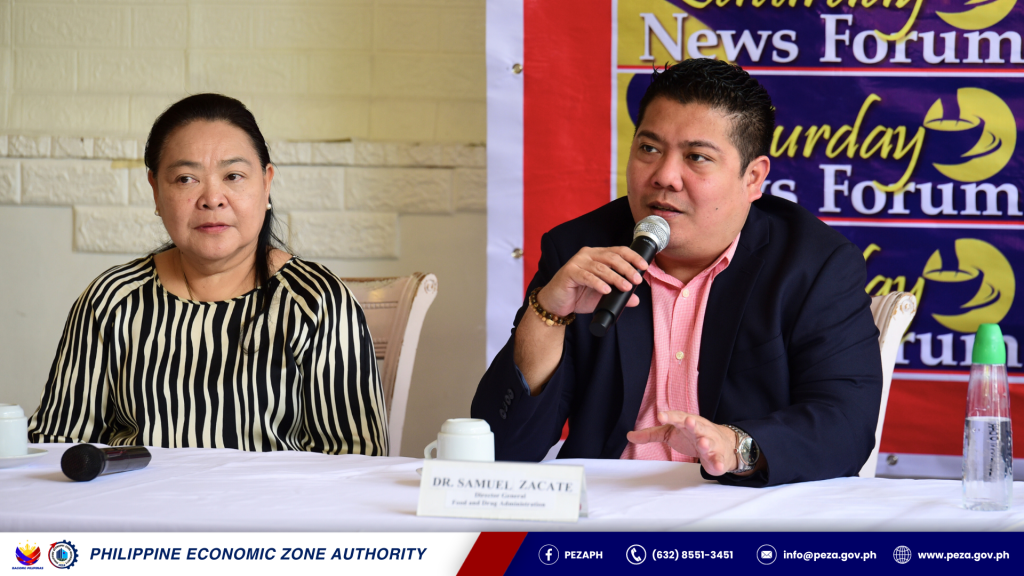
This partnership will also complement the consumer protection, education, and advocacy initiatives of the Department of Trade and Industry (DTI) under Trade Secretary & PEZA Board Chairman Alfredo Pascual regarding counterfeit drugs.
Being a priority of the President through the OSAPIEA, Asec. Teston likewise assured their full support in the development of this project.
“The office of SAPIEA fully supports the agencies’ collaboration and anticipates the transformative potential of Pharmaceutical Ecozones, poised to fuel the growth of the Philippine pharmaceutical industry,” stated Asec. Teston.
Employing a whole of government approach, this partnership will also involve DTI, DOH, ARTA, BOC, BIR, and other agencies to strictly regulate and monitor pharmaceutical-related activities in the country.
International Models
Discussions also explored the structure of pharmaceutical economic zones within ASEAN countries, evaluating how similar models could be implemented or adapted in the Philippines. DG Panga proposed several potential locations for the inaugural zone, considering both the concentration of industry players and the FDA’s prospective plans to establish laboratories.
Accordingly, the pharmaceutical industry is identified as a strategic industry in the Philippines. Under the CREATE Law, health, medical, and pharmaceutical-related activities fall under Tier II, meaning they will be able to enjoy 5-7 years of income tax holiday and 10 years Special Corporate Income Tax (for export enterprises) or five years Enhanced Deduction (for domestic market-oriented enterprises).
This partnership will also complement the consumer protection, education, and advocacy initiatives of the Department of Trade and Industry (DTI) under Trade Secretary & PEZA Board Chairman Alfredo Pascual regarding counterfeit drugs.
Being a priority of the President through the OSAPIEA, Asec. Teston likewise assured their full support in the development of this project.
“The office of SAPIEA fully supports the agencies’ collaboration and anticipates the transformative potential of Pharmaceutical Ecozones, poised to fuel the growth of the Philippine pharmaceutical industry,” stated Asec. Teston.
Employing a whole of government approach, this partnership will also involve DTI, DOH, ARTA, BOC, BIR, and other agencies to strictly regulate and monitor pharmaceutical-related activities in the country.
International Models
Discussions also explored the structure of pharmaceutical economic zones within ASEAN countries, evaluating how similar models could be implemented or adapted in the Philippines. DG Panga proposed several potential locations for the inaugural zone, considering both the concentration of industry players and the FDA’s prospective plans to establish laboratories.
Accordingly, the pharmaceutical industry is identified as a strategic industry in the Philippines. Under the CREATE Law, health, medical, and pharmaceutical-related activities fall under Tier II, meaning they will be able to enjoy 5-7 years of income tax holiday and 10 years Special Corporate Income Tax (for export enterprises) or five years Enhanced Deduction (for domestic market-oriented enterprises).
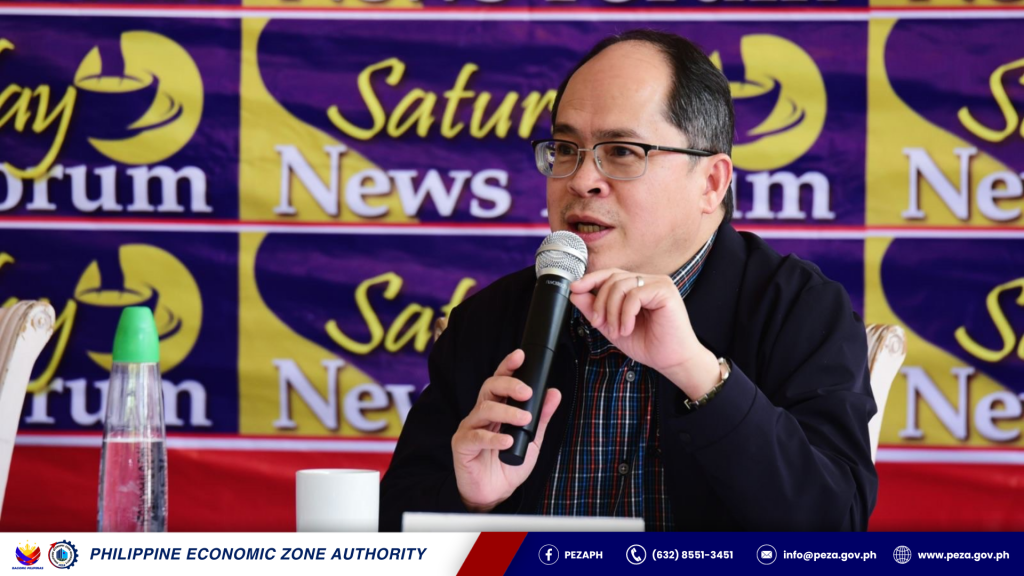
PEZA DG Panga sharing the various incentives to be enjoyed by investors in the upcoming pharmaceutical ecozones
The PEZA Chief likewise noted that companies will be able to enjoy other incentives when they locate within the ecozones, which can provide for the best location and business ecosystem for investors.
Path Forward
DG Panga expressed gratitude for the support from OSAPIEA and FDA, highlighting the importance of such collaborations for the success of businesses engaged in medical device manufacturing and those considering establishing drug production in the country.
“We are thankful to the OSAPIEA and the FDA for the support that they are extending to our existing and would-be RBEs, especially those who are engaged in medical devices manufacturing and looking to set up their drug manufacturing—whether it be for human or animal—here in the Philippines. With this dynamic partnership, the steering group is confident that the country will see the establishment of its first true pharmaceutical economic zone during this administration and signal to global pharmaceutical industry players that we are open to doing business with them, on top of our already-competitive fiscal incentives,” said the PEZA Chief
As of December 2023, PEZA hosts 26 operating companies into the manufacturing of pharmaceutical products and medical equipment or devices, such as Terumo, Arkray Industry, Royale Life Pharma, JMS Healthcare, and Philipcare Medical, generating about PhP 25.489 Billion of investments and more than 19,000 direct jobs for the country. Moreover, PEZA is reviving talks with the leading Filipino companies into pharmaceutical-related activities such as Lloyd Laboratories, Pascual Laboratories, and United Laboratories, Inc., for the establishment of a modern pharma park in the country. PEZA is also in talks with Royal Cargo Pharma Logistics, the 1st Good Distribution Practices (GDP)-certified logistics service provider in the Philippines, to complement the proposed pharma-zone ecosystem. ♦
Date of release: 18 March 2024



